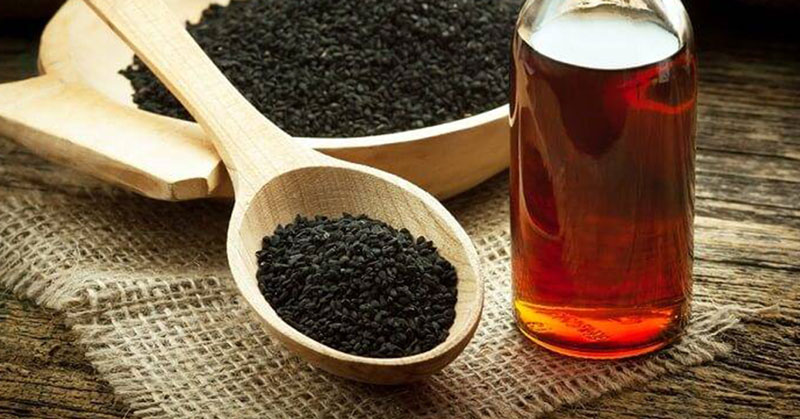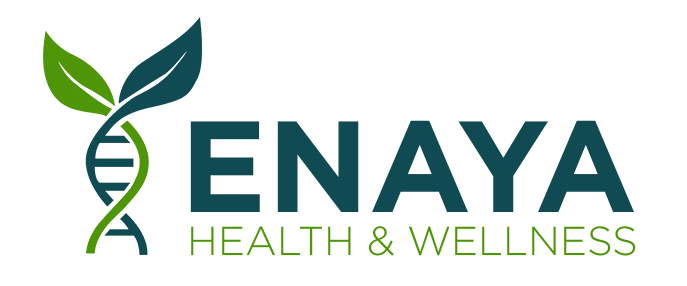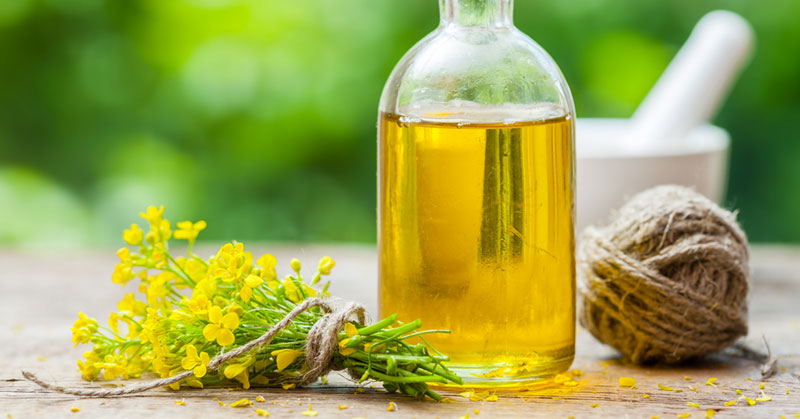
The Power of Black Seed Oil
Every home pantry has its staples. They are your daily essentials, the bread and butter fueling your every breath, the foundation to all of your kitchen creations. In our home, one of my pantry staples is black seed oil.
My story with black seed oil began roughly four years ago, just after I delivered my eldest daughter, Enaya. Her birth whisked me into a frenzy from which I struggled to recover: loneliness, fatigue, sleepless nights, diaper-laden garbage bins, and the rueful realization that the body I always knew was now as foreign to me as motherhood itself. All of this was my daily reality. Desperate and mildly neurotic, I searched for something to buffer the blows of these challenges. At that time, black seeds were like a formal acquaintance; I heard of them in flitting conversation, as protagonists in old wives tales or elusive elixirs from an archaic past. They were the “blessed seeds that cure every ailment,” Prophet Muhammad said, “except death.”
With these cultural and religious influences, I decided to add seed supplements to my daily regimen. A couple of weeks passed and the grogginess that haunted me in my waking hours began to dwindle and fade. I had energy. I could sleep better. I could speak coherently and maintain adult conversation, like once-upon-a-time before motherhood!
But the changes I experienced with black seed supplements went beyond internal. One time, I was nursing Enaya when friends and family noticed a change in my physique. “Batool,” they warned me, “You shouldn’t diet while breastfeeding. You’re losing weight too quickly!” But I wasn’t dieting. I hadn’t altered my meal portions, attempted Keto, or increased my jogging miles at the gym. My lifestyle resumed organically and without discipline, for my only goal was self-care amid the turbulence of motherhood.
The health changes I experienced were way too many to be incidental. As I was studying pharmacy, I gained access to scientific and medical literature, and with my newfound reading skills, I was determined to unearth the truth about black seeds, once and for all. A single database search generates over a thousand research papers on Nigella sativa (the Latin name for black seed). They spoke favorably of this humble, ancient seed, documenting it’s anti-inflammatory, antioxidant, antimicrobial, anticancer, and immune-enhancing properties.
Today, I recommend black seed products to all of my patients, and their experiences with them never cease to amaze me. There is one particular patient whose story stays with me today. For years, respiratory distress compromised his quality of life, and activities we deem routine—moving, breathing, sleeping—became his daily struggles. He came to me after having given up on drug therapies and antibiotics, and he requested something different. “Have you heard of black seeds or black seed oil?” I asked him, handing him a bottle of the supplement. He recoiled, so I persisted. And with a sales pitch that bordered on the obsessive, I proceeded to share with him all of the health benefits these seeds have to offer. I told him of their unusual ability to fight bacterial infections, even drug-resistant MRSA, as well as many other respiratory conditions. Two weeks later, before his next scheduled visit, he returned to my office just to tell me that these seeds helped him more than any other drug ever prescribed to him. “I feel amazing,” he said. I nodded, humbled by my experience seeing one of nature’s medicines work its magic once more.
Many published studies outline the safe and successful uses of black seeds and their various byproducts. Most notably, they can help treat these ten conditions:
- Fighting Infections
- Reducing Scars
- Relieving Allergies
- Enhancing Weight Loss
- Relieving Breast Pain
- Reducing Rheumatoid Arthritis Symptoms
- Relieving Indigestion and Heartburn
- Improving Memory
- Enhancing Men’s Fertility
- Lowering Cholesterol
As creatures of habit, we are all guilty of defaulting to our built-in, subconscious choices. Our pantries and refrigerators look the same, week after week. We recycle the same meals, the same health foods, the same shopping lists. These habits, convenient though they are, deprive us of the health benefits that come with nutritional variety. So I’m going to challenge you, Dear Reader, to experiment with black seeds—as supplements, as an oil, as whatever form you can commit to as a health-conscious consumer. Just be sure to purchase the extra virgin, cold press black seed oil from a reputable company (my recommended brand can be found here).





Recent Comments